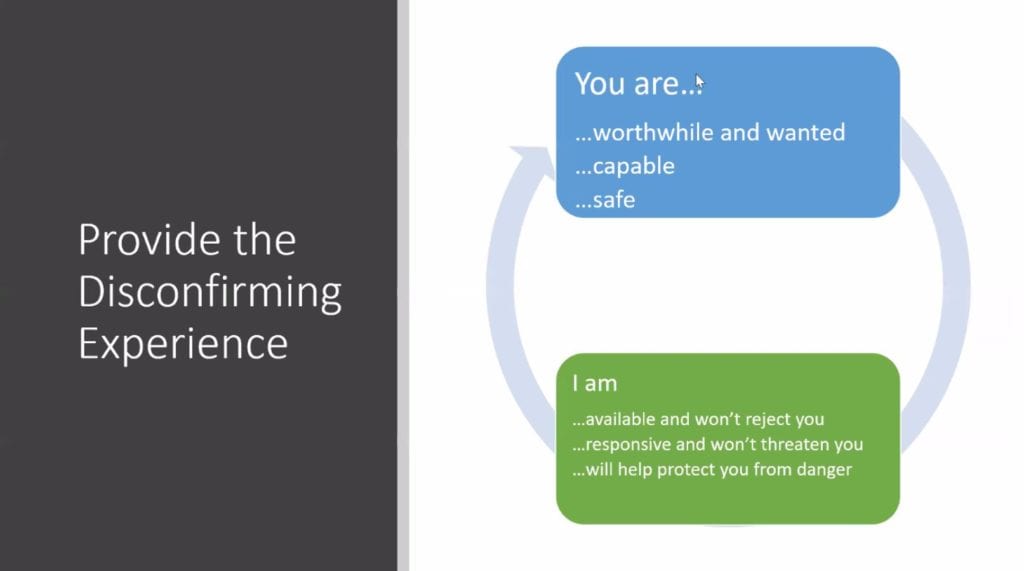
I had the opportunity to attend several recent events related to ACEs and Resilience and tried to take a bunch of notes, thinking that this was one way to share the learning with folks who couldn’t attend.
The first event was a one-hour call with Dr. Alison Roy, hosted by SAD17 as a resource to parents and caregivers and intended as a support to build resilience in the lives of students (and their families) during a difficult time. Dr. Roy named and explained many of the things that we’ve been feeling since the pandemic began to hit hard in March, which I found to be incredibly helpful. One of the things she said was that our innate surge capacity, or ability to deal with an increase in stress (like the flood of chemicals that kicks in to provide energy, clarity, and strength when something big happens like a child has to be taken to the emergency room) has been exhausted because we’ve all been experiencing stress since March. For many of us, the pandemic means that for the first time in our lives we are experiencing a daily threat to our safety when we step outside our front doors. She also observed that much of the grief and loss we’ve been experiencing has been happening without closure (e.g., not being able to see loved ones for important family gatherings like Thanksgiving, buy maybe being able to see them later for the holidays), which means prolonged difficult emotions.
My notes from her talk live here: SAD17 webinar with Alison Roy 11-10-20
SAD17 will is hosting monthly calls with Alison through February. You can sign up for those calls here.
The next event was the biennial Maine Resilience Building Network (MRBN conference). This year the conference was online (of course) and focused on Mattering, with morning and afternoon talks spread over two days and led by Dr. Christina Bethell, a professor of public health at Johns Hopkins University. She shared that we have a biological need to feel valued, and that mattering consists of two things: feeling valued and feeling that we add value. She approached mattering as fundamental upstream work to address adversity and build resilience, which seems to me like an idea that holds a lot of promise. MRBN is hosting two calls in earlier December with Maine “thought leaders” to explore mattering more. Hopefully this will include discussion of what the work could look like.
My notes for the conference: MRBN conference notes_November 2020
Here are the slides for Day One. Here they are for Day Two.
If you’re interested in the recording of the conference sessions, reach out to MRBN at info@maineresilience.org.
Lastly, Memorial Hospital (in Conway, New Hampshire) hosted a training call with Dr. Cassie Yackley on “Building Trauma Responsive Systems of Care.” She described her Trauma-Responsive Framework (details in the notes), which boils down to, “this happened, now you’re experiencing X, and I’m going to stand by you and help you figure this out no matter what.” She talked about how IQ decreases when stress increases and we lose access to more developed parts of our brain, and the idea that trauma-impacted brains are not well connected side-to-side, so that the side of the brain that holds the memory of painful experiences isn’t connected to the side of the brain that gives thought and words to experiences.
She had lots of important insights to offer, which I’ve tried to capture in these notes: Building Trauma-Responsive Systems of Care notes 11-17-20
The host took screenshots of all of the slides and put them into two files. Here is Part One and Part Two.
Let me know if you have questions about any of the notes, or anything else!
See you soon,
Brendan Schauffler
Resilient ME Member
